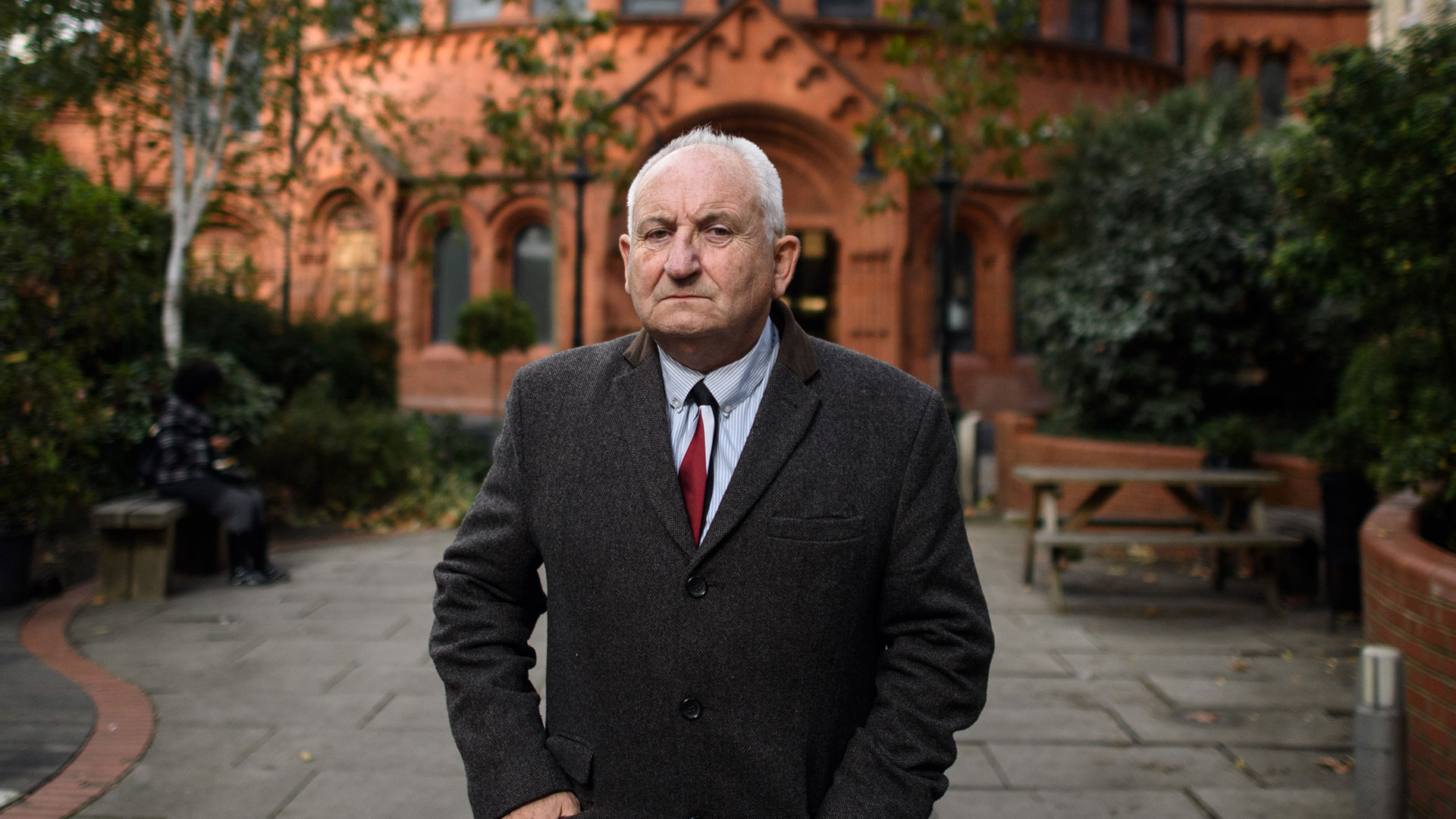I commiserated with the campaigner, saying men did not want to talk about what my father graphically and crudely called ‘The Dirtbox’. The man almost fell over when I resurrected this term from the depths of my underclass life. But I did say to him, maybe it was time to start being rude and crude about this potential cause of death, because the polite approach clearly wasn’t working.
We certainly could drive a coach and horses through our current ignorances if we better understood where things come from – and how they happen
What an incredible conversation I could have with my 12-year-old. How better is his place in the world than mine, where decades removed from the buying of my mother’s sanitary towels, I still have a hazy, impressionistic grasp of reproduction. Yet a 12-year-old boy takes all of this in his stride.
How I wish I’d had that knowledge back then. It would have saved me from all the snide, foul, playground chats we had as boys about girls. About a system, the reproductive system, that was another of the intangibles in life. Along with where money came from, how taxes worked, and how the sun rose in the morning and set at night.
Like many boys and young men in the last century, we wondered, unknowing and unfeeling, at times – because of our lack of knowing. A very large amount of shit was deposited on us to keep us in order: lies practised and perpetuated by a system that seemed determined to keep us in permanent ignorance as the class that did the dirty work in life.
If you were going nowhere, why did you need to know how money, markets, capital, reproductive systems, and even where electricity came from; and why oh why did we continue to have all those wars and skirmishes throughout the world? And what’s wrong with smoking 40 cigarettes a day, after all?
I’m asked at times what I would be doing with the school pedagogy, and what we actually teach our young. I said I’d be teaching them about systems, and have mentioned this many times. But the first system must be our own bodies, out of which you get so many other disciplines and sciences; growing out of your knowledge of all things to do with the form, body and mind that you occupy.
Advertising helps fund Big Issue’s mission to end poverty
Has much changed half a century since? The fight for the right of our children to know what’s going on with their bodies has become a moral crusade
But it’s not just the boys who got the shitty end of the stick when it came to learning about systems and the world around them. Recently, I heard a BBC radio programme about women in their 90s who had worked at places like Bletchley Park, helping our wartime decoding efforts. They had incredible knowledge of science, computing and maths, but when it came to their first periods, they were completely flummoxed, so detached were they from the natural world, of which they were the most immediate expressions of it.
And don’t forget the vicar, Chad Varah, who founded that incredible band of human helpers – the Samaritans – in 1953, and did so because one of his first priestly duties was to bury a 14-year-old girl who had started menstruation. Having no one to talk to, she believed was gravely ill – that devils had invaded her body – and she took her own life.
Has much changed half a century since? The fight for the right of our children to know what’s going on with their bodies has become a moral crusade. But if you start young enough, and put sex into a natural place in the systems of life, you don’t then have to have those arguments with people who supposedly want to stop our children losing their innocence.
Having taught our children the system of the human body, move on then to the systems of society – money, in particular, being a very big issue. What is money, where does it come from? How is it made, how is it invested? Can you understand how stock exchanges, businesses, taxes and budgets work?
Most social commentators seem not to know where money comes from, and don’t seem to know how it’s circulated across the world. People are always astonished when one points out that the vast accumulation of money into the hands of a few is largely due to consumerism. That we buy their stuff, and they accumulate the money we provide into their vast portals of wealth.
Advertising helps fund Big Issue’s mission to end poverty
We certainly could drive a coach and horses through our current ignorances if we better understood where things come from – and how they happen. But that means dumping much of what we teach our kids.









